Should Microsoft acquire Canonical for its open source ambitions?
2 min. read
Published on
Read our disclosure page to find out how can you help Windows Report sustain the editorial team. Read more
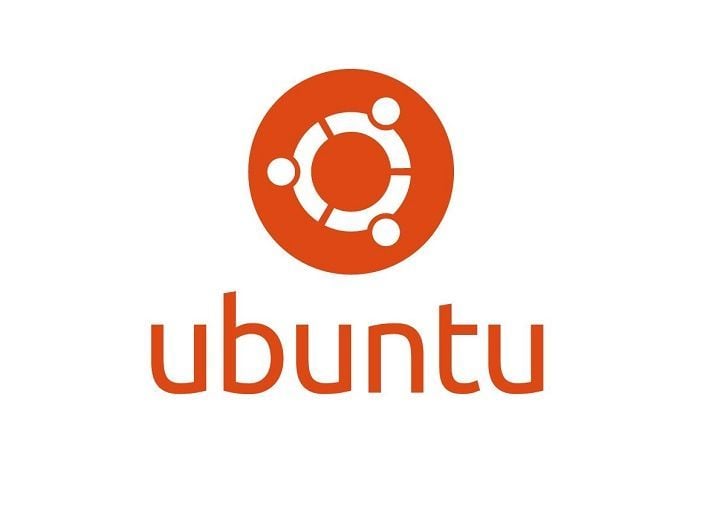
As of late, Microsoft has become friendlier with the open source community, a great sign for what to expect in the future. Many decisions and steps have been taken to cement the company’s support of open source, but are they enough?
According to a recent Forbes article, if Microsoft wants to break free into the open source world, it needs a big acquisition to prove its dedication towards the idea. Without this key acquisition, the company’s open source dreams will be incomplete. Canonical, the company behind the Ubuntu operating system, would be a great fit. Both companies have been working together for a number of years and Ubuntu was the first Linux-based operating system to officially support the Azure cloud platform.
Both companies also worked together to bring Bash to Windows 10, something developers have come to love since it was released. It is clear that Canonical is Microsoft’s strongest partner in the open source community, but unfortunately we can’t imagine an acquisition even taking place.
Despite what the software giant has done over the years to become closer to the community, many are still not too trusting of Microsoft. Any idea to acquire Canonical would be viewed with scorn, and chances are Canonical would likely say decline. Everything Microsoft has worked for over the past couple of years would be destroyed in the blink of an eye.
There are several areas of Canonical that would work out great under Microsoft’s lead, however. For example, Ubuntu is king in the number of IaaS deployed around the world. We understand the number stands at 200,000 while Amazon sits at 100,000 and Windows Server is struggling with just 26,000.
An acquisition would place Microsoft at the top of the pile and business wise, such a move would likely be great —but at what cost?
In our minds, Microsoft needs to gain more favors from the open source community before deciding to make such a big move. It is not impossible, but the timing needs to be on point or else the backlash could destroy everything
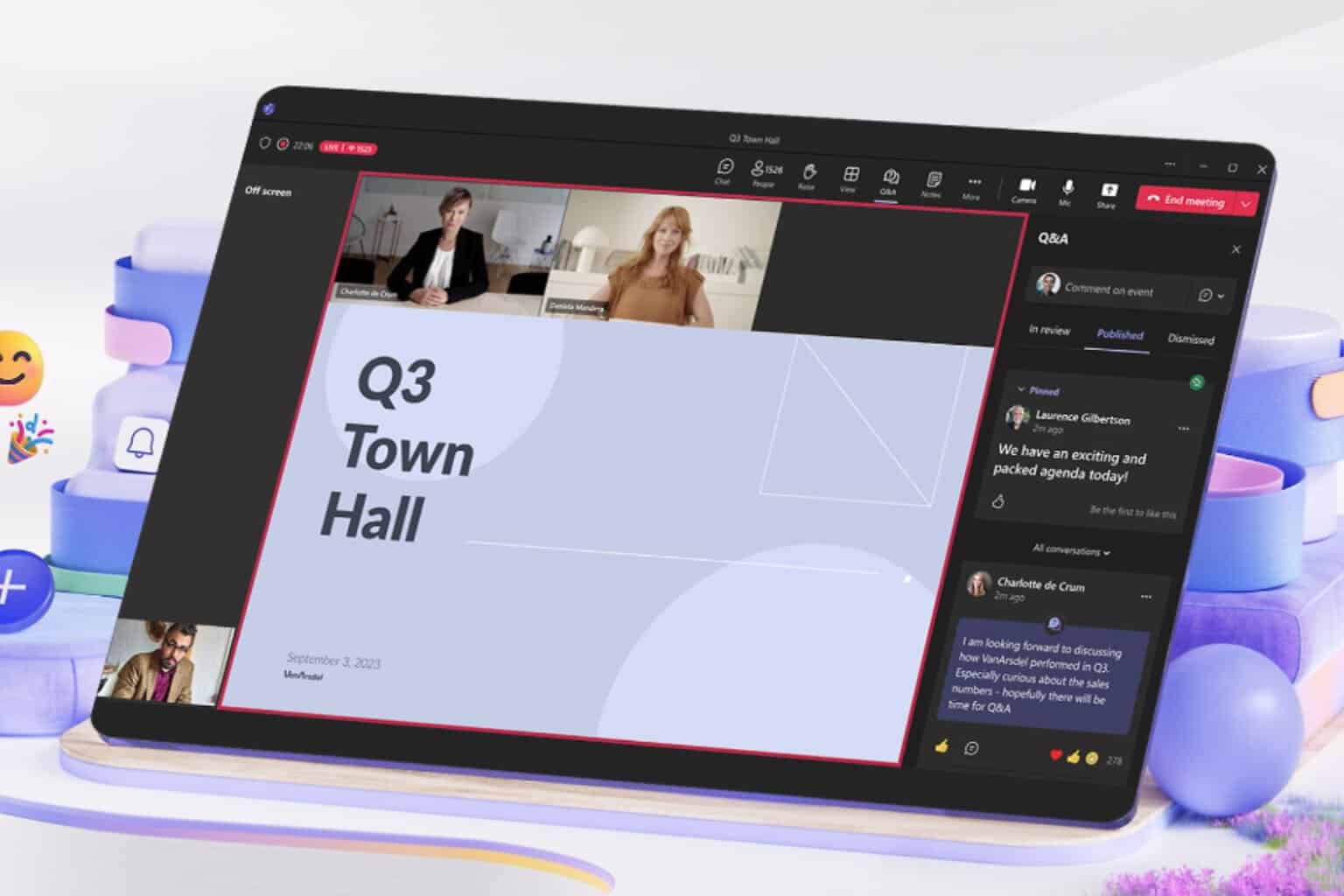




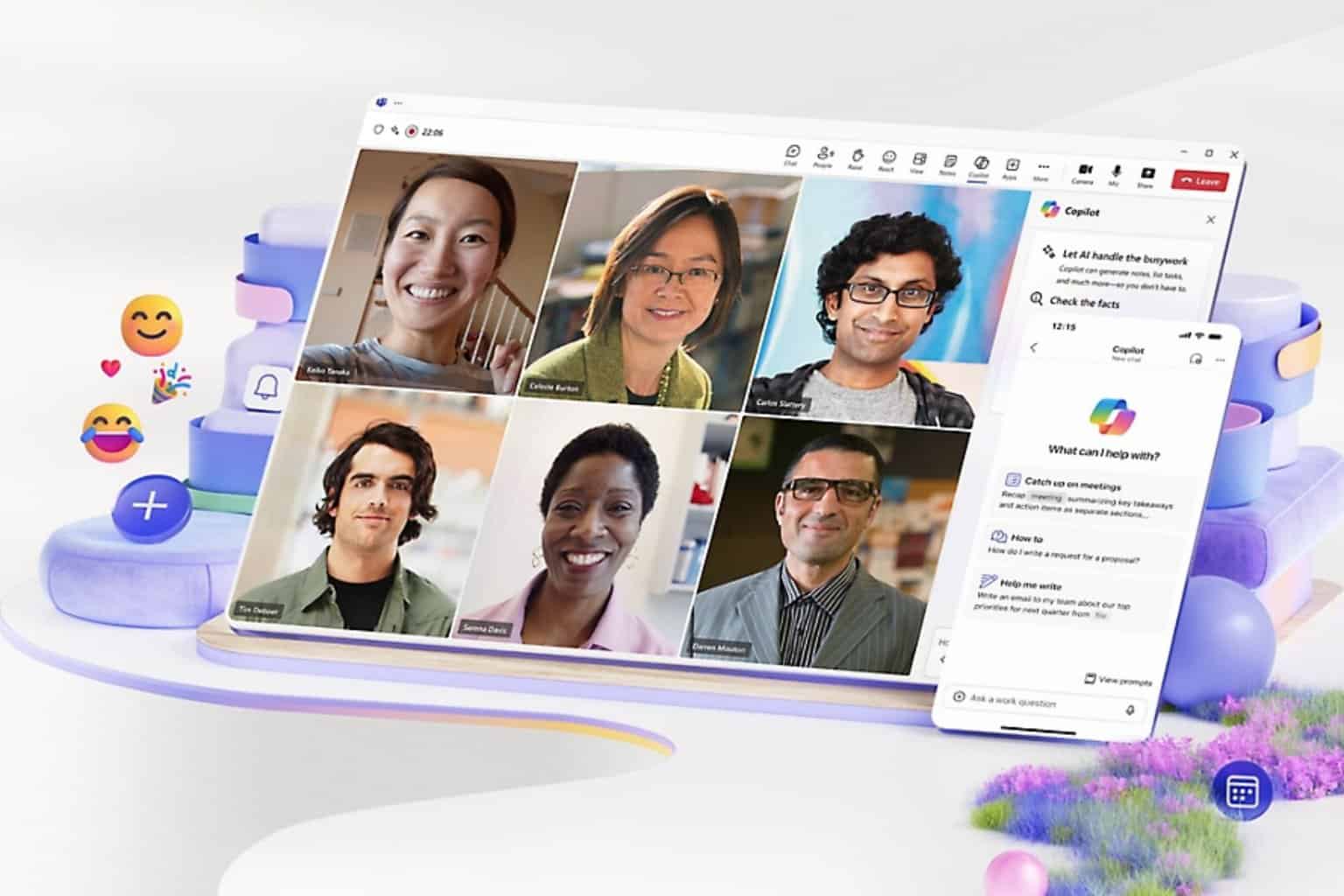
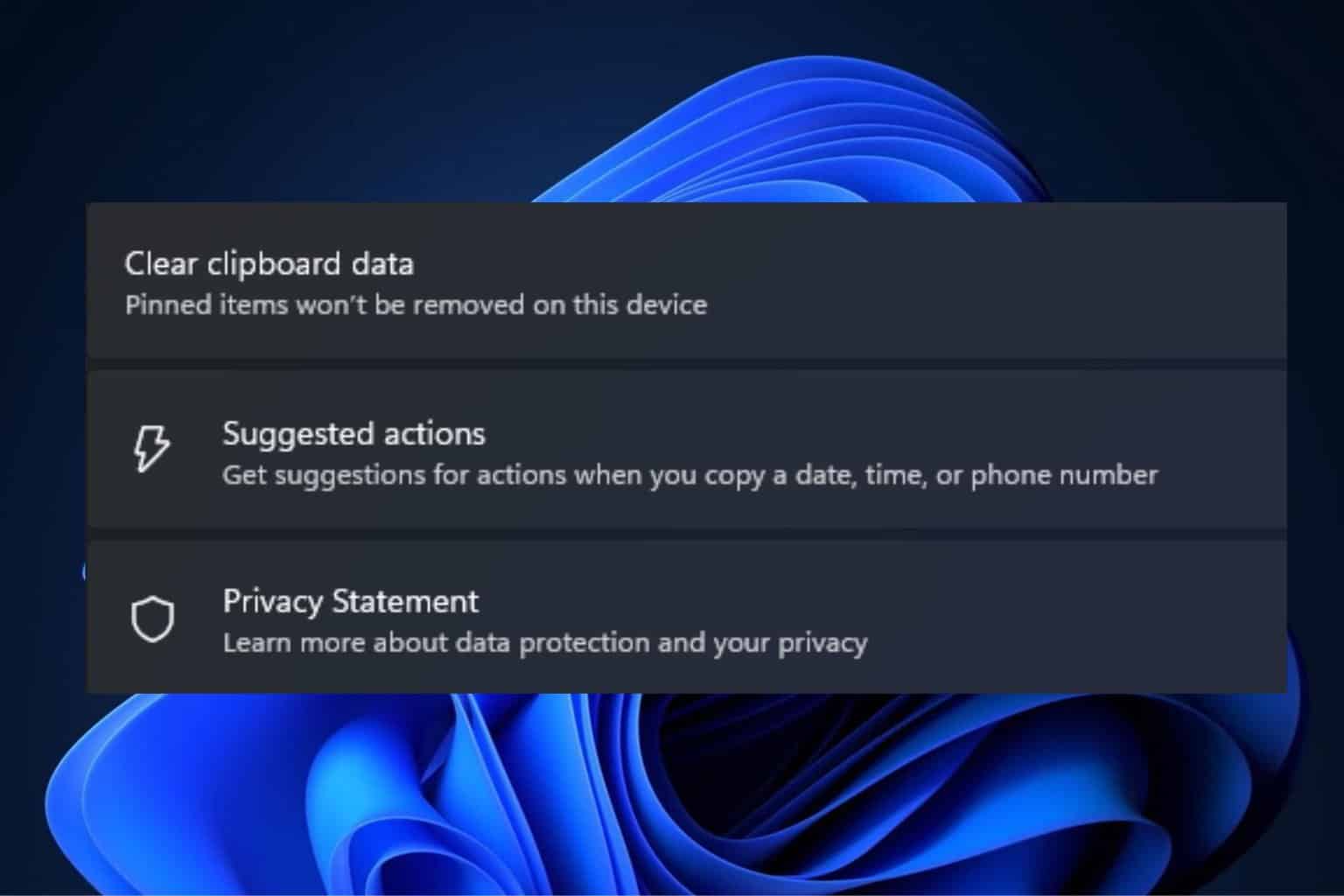
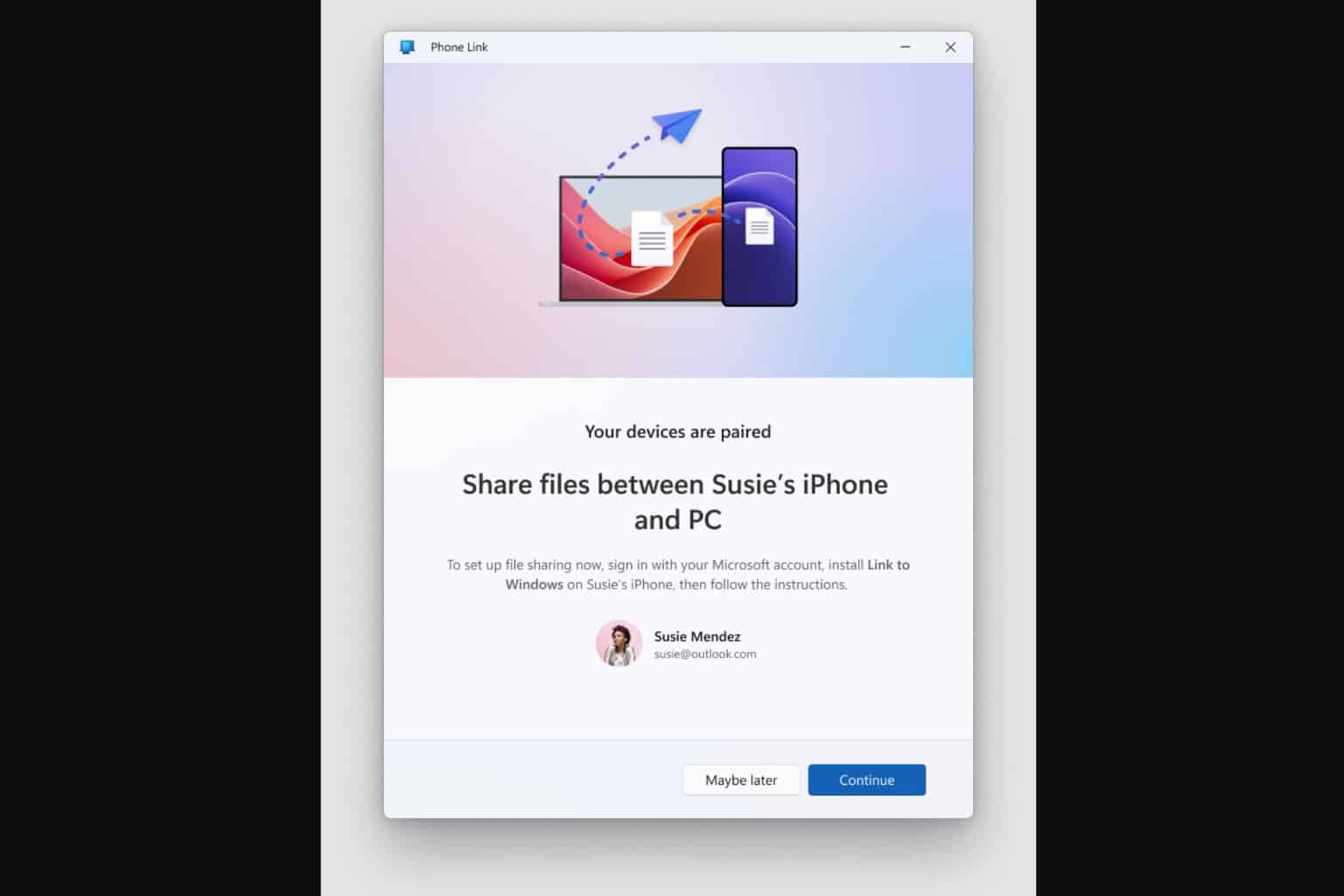
User forum
1 messages